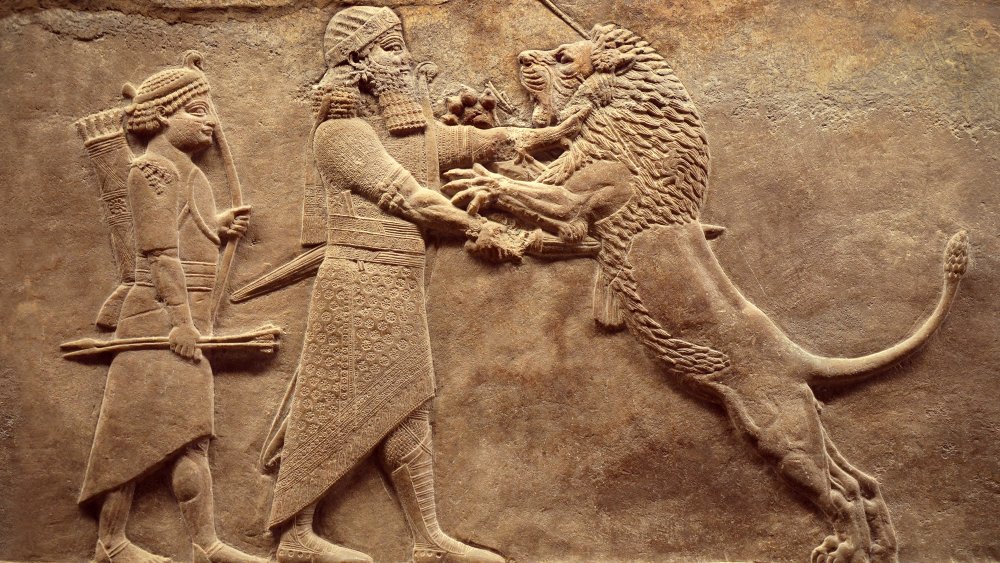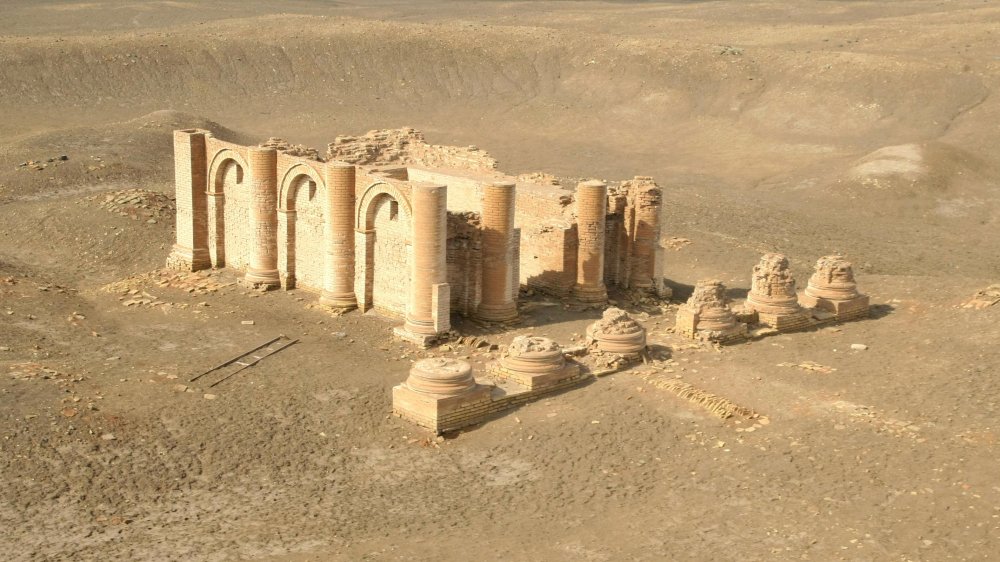What Life Was Really Like For Women In Ancient Mesopotamia
The first cities in the world began popping up along the arable banks of the Tigris and Euphrates river around 4,500 BCE, creating historic period we now refer to as Mesopotamia. Transitioning to life in cities was a radical event in human history, but while it created freedom for business, education, the arts, and other leisure activities that hadn't existed previously, the women of ancient Mesopotamia didn't have the same opportunities to take advantage of those societal developments.
Throughout the various kingdoms and cultures that thrived in ancient Mesopotamia women had considerably less rights as their male counterparts. According to History on the Net women were mostly relegated to household and family duties, and were barred from education and jobs that required it. The two big career paths open for women outside of the household were becoming a priestess or sex work, which carried different connotations in ancient times than it does today. The rules were easier to fudge if you were a royal woman, but even then for most of Mesopotamian history things were literally an old boys club.
The family unit was one of the most important things to most ancient Mesopotamian cultures and in that dynamic women were often treated like commodities rather than human beings. The 5th century BCE historian Herodotus described a Mesopotamian custom that had fallen into disuse by his own time called marriage markets. "Once a year in each village the young women eligible to marry were collected all together in one place; while the men stood around them in a circle. Then a herald called up the young women one by one and offered them for sale."
The Sumerian exception
Even though we tend to think of progress on issues of civil rights as a linear progression, ancient Mesopotamia proves that's not always the case. In the earliest culture of Mesopotamia, the Sumerian civilization, women had more rights than under the cultures that came after it. As History on the Net describes, women in Sumer could "own property, run businesses along with their husbands, become priestesses, scribes, physicians and act as judges and witnesses in courts."
The Sumerians even had a woman ruler at one point in their history. The Sumerian Kings List — a part historic, part fantastical, document compiling all the rulers of ancient Sumer — includes the reign of a lone woman who ruled the city of Kish sometime around 2,500 BCE. Her name was Kubaba and not much is known about her other than that she was a tavern keeper before she ruled over Kish. An ancient piece of propaganda describes how the god Marduk took notice of her offering food and drink to men fishing for the god's meal and was so impressed that he "entrusted to Kubaba, the tavern-keeper, sovereignty over the whole world." Her reign was apparently popular, as she became a goddess after her days of slinging ale and ruling cities were behind her.

